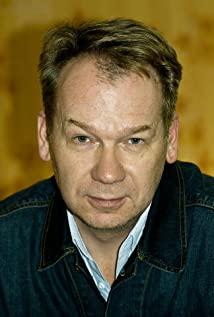nature, but improve it. The law is the idea of human beings, which regulates the relationship between individuals, and we and the way we live today are the result of the operation of the law, whether we obey it or violate it, Man is free, and his liberty is within the bounds of his liberty not to impair the liberty of another. Punishment, punishment is a form of revenge, especially when it is intended to harm the criminal rather than prevent it, but existing laws can have revenge , is it really for the sake of innocent people? Is the person who legislates really innocent?" The
opening words of this paragraph are quite opposed to Durkheim. What is the purpose of killing? Durkheim said that it is for a certain collective conscience, that is to say, the collective conscience is satisfied through the means of punishment such as murder. This increases social solidarity, so punishment is necessary.
Kiere rejects this argument, asking whether human reason can provide us with a law that improves, rather than merely imitates, human nature? What Kiere values is human nature, and he wants to question the relationship between human-designed laws and human nature. What I saw from the murder short story is a kind of contradiction, the law is cold-blooded, and its equality is probably the kind of equality people least want to see. When the protagonist tells a tragic experience after killing someone, who doesn't want to give this young man a new chance? The law does not, it only looks at the facts, so the legal concept, as Keille said, regulates personal relationships, and today's us and our way of life are the result of the operation of the law. While the law regulates society and pursues justice, it also implies revenge. To the extreme, the fact that young people can't extricate themselves by committing crimes and killings is the result of law, which replaces religion, and regulates human value behavior. At this level, we can say that Durkheim's so-called collective conscience is based on the acquiescence of revenge in human nature. In the understanding of the law, people learn to retaliate, and retaliation becomes part of the collective conscience.
Kier didn't want to see humanity just stop there, so he questioned the law. I am very impressed by Chiye's sociological insight. As an artist, he is keenly aware that the contractual relationship in modern society is not the cause of modern people's relationship and life. The contractual relationship is only the foundation. Beyond the scope of the law, you can do whatever you want, and you will be punished coldly if you exceed it. There are too many gray areas. These three levels together constitute the way of life in contemporary society and the relationship between people and views.
I can only write this step, stop here, no more nonsense.
View more about A Short Film About Killing reviews











